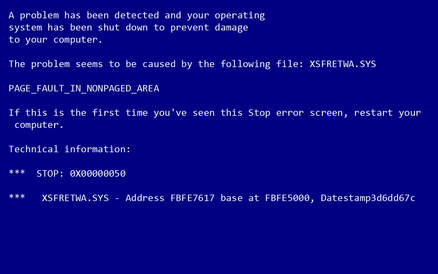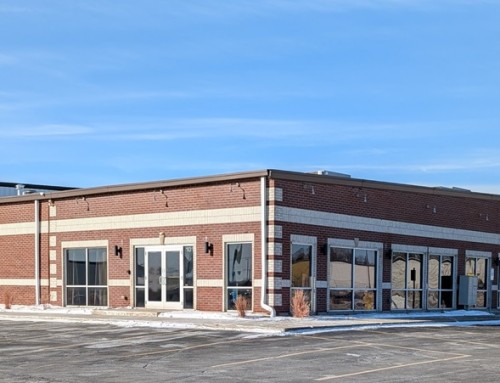On April 8th, 2014, Microsoft will officially retire Windows XP. First launched over a decade ago, Windows XP was Microsoft’s most popular operating system ever. At many organizations, a majority of computers are still running Windows XP for various reasons. With the retirement of Windows XP these organizations are going to face software issues, increased downtime, security implications, and non-existent support.
Software Issues
At the top of the list of reasons organizations have continued with Windows XP, even on newer computers, is due to legacy application support, however, with the retirement of Windows XP we are going to see the software developers follow suit and discontinue support for their applications on Windows XP in future software upgrades.
Increased Downtime = Lost Productivity
Increased downtime is inevitable if organizations stay on Windows XP due to the end of extended support, software incompatibility, and aging hardware. For the owners of the organization this downtime translates directly into lost productivity, which in turn will affect the bottom line. To help quantify this lost productivity, organizations will see an increase in virus and malware activity, increased time to repair, increased reboots, and increased failure rates on computers running Windows XP.
Security Implications
With no critical updates being released by Microsoft, computers will because more susceptible to virus outbreaks, malware and spyware infections, and other malicious software which makes an organizations data very vulnerable. Furthermore, the applications you pay for to protect your systems, such as Antivirus, will no longer be effective because the software companies cannot continue support for the retired operating system.
Non-Existent Support
Microsoft has maintained extended support and critical updates for Windows XP for over 12 years, but this support will come to an end on April 8th, 2014. All phone and online based support will be discontinued to both the end user and the IT support companies such as ourselves. This leaves all of us with no one to fall back on to help mitigate operating system issues.
At Layered Systems, we are advising our customers to plan for this end-of-support date by starting the process of upgrading their end-user computers to Windows 7 to avoid a major overhaul down the road.







